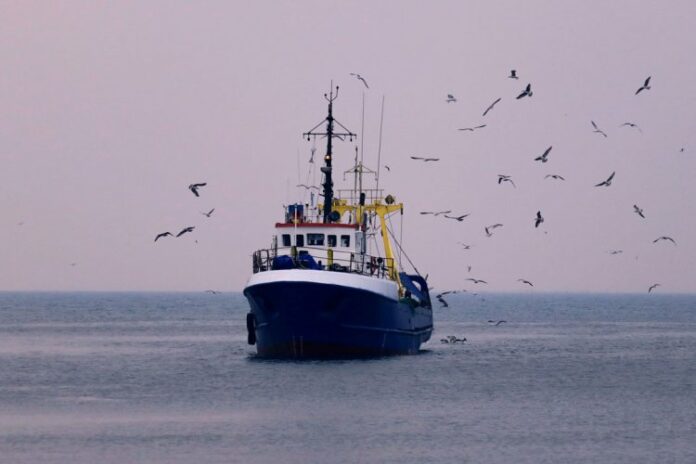In a study published in Marine Policy, researchers have unveiled striking evidence that fisheries management decisions such as spatial fisheries restrictions can increase greenhouse gas emissions.
The study, conducted by a team of scientists led by postdoctoral researcher Kim Scherrer at the University of Bergen, sheds light on the unforeseen consequences of policy changes on fishing fleets and their carbon footprint.
In the North Atlantic, international agreements often allow fleets to follow the fish across national borders. This allows fishers to catch the fish where it is most efficient. But when the U.K. left the EU (Brexit), Norway’s mackerel fishing fleet was suddenly excluded from fishing grounds in the U.K.
Using Brexit as a natural experiment, the researchers used open fisheries data to unravel the consequences for the Norwegian mackerel fishery. The findings reveal an alarming shift in the fishery’s performance and carbon emissions due to the changes in fishing practices.
As the Norwegian fleet was excluded from U.K. fishing grounds, the vessels were forced to areas where fishing was less efficient. The catch per fishing trip nearly halved, prompting a doubling in the number of trips per vessel. Consequently, the fuel used per kilo of mackerel more than doubled.
Because of this change, an extra 23 million liters of fuel were needed each year, costing about €18 million more. This also released an extra 72,000 metric tons of CO2 into the air annually. The area restriction thus undid about 15 years of progress in fuel efficiency in Norway’s pelagic fisheries.
“This small change in fisheries’ regulations unintentionally caused as much annual CO2 emissions as half a million within-EU return flights,” said Scherrer, emphasizing the necessity of considering emissions in fisheries management. “It is important that governments that have signed the Paris agreement avoid squandering emissions like this.”
The study underscores that policymakers and managers need to consider fuel efficiency trade-offs in marine spatial management, ensuring a balance between conservation efforts, other offshore industries, and reduced carbon footprints.



